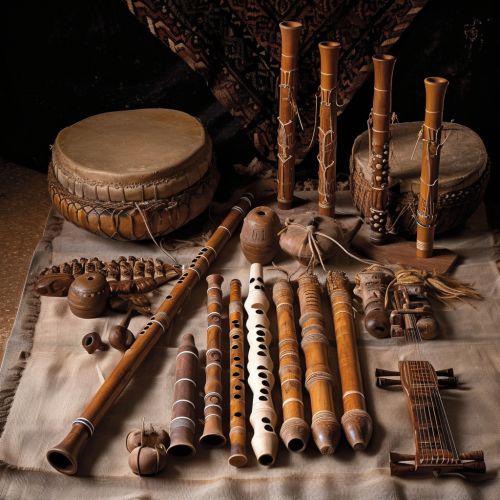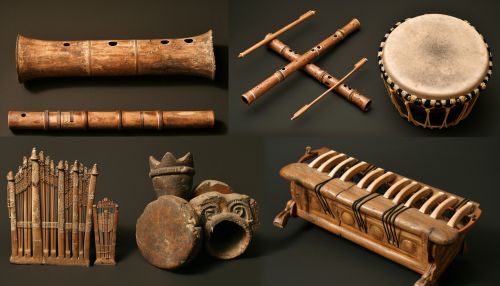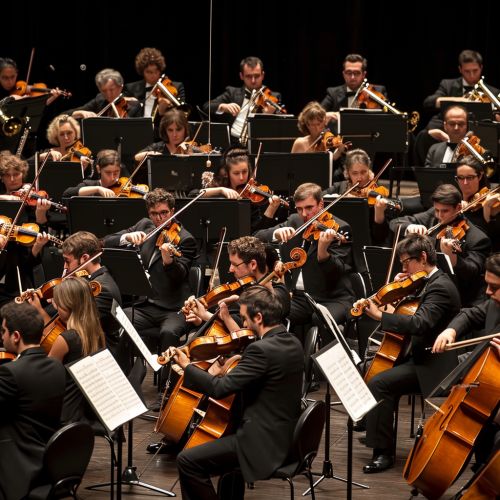History of Music
Origins of Music
Music has been a part of human culture for thousands of years, with the earliest known musical instruments dating back to the Paleolithic period. These instruments, made from animal bones, were likely used in ritualistic or spiritual contexts. The development of music can be traced through various ancient civilizations, including the Sumerians, Ancient Egyptians, and Ancient Greeks, each of whom contributed significantly to the evolution of music.


Ancient Music
The Sumerians are credited with the invention of the lyre, a stringed instrument that became a staple in ancient music. The Ancient Egyptians also made significant contributions, with their complex musical systems and the invention of the harp. However, it was the Ancient Greeks who laid the groundwork for Western music theory, with their development of modes, scales, and the concept of harmony.
Medieval and Renaissance Music
The Middle Ages saw the development of Gregorian chant, a form of monophonic, unaccompanied sacred song of the western Roman Catholic Church. This period also saw the invention of musical notation, allowing music to be written down and preserved for future generations. The Renaissance period was a time of great innovation in music, with the development of polyphony, the printing of music, and the creation of new forms such as the madrigal and the motet.
Baroque and Classical Music
The Baroque period in music was characterized by the use of complex forms and rich ornamentation. Composers such as Johann Sebastian Bach and George Frideric Handel were key figures during this time. The Classical period saw a shift towards simplicity and elegance, with composers such as Wolfgang Amadeus Mozart and Ludwig van Beethoven leading the way.


Romantic Music
The Romantic period in music was marked by a focus on emotion and individual expression. Composers such as Franz Schubert, Frederic Chopin, and Richard Wagner expanded the boundaries of music, experimenting with new forms and harmonic structures.
20th Century and Contemporary Music
The 20th century saw the development of a wide range of new musical styles and genres, from jazz and blues to rock and roll and electronic music. Today, music continues to evolve, with new genres and sub-genres emerging all the time.
Impact of Technology on Music
Technology has had a profound impact on music, from the invention of musical notation in the Middle Ages to the development of electronic instruments in the 20th century. Today, digital technology allows for the creation and distribution of music on a scale never before possible.
